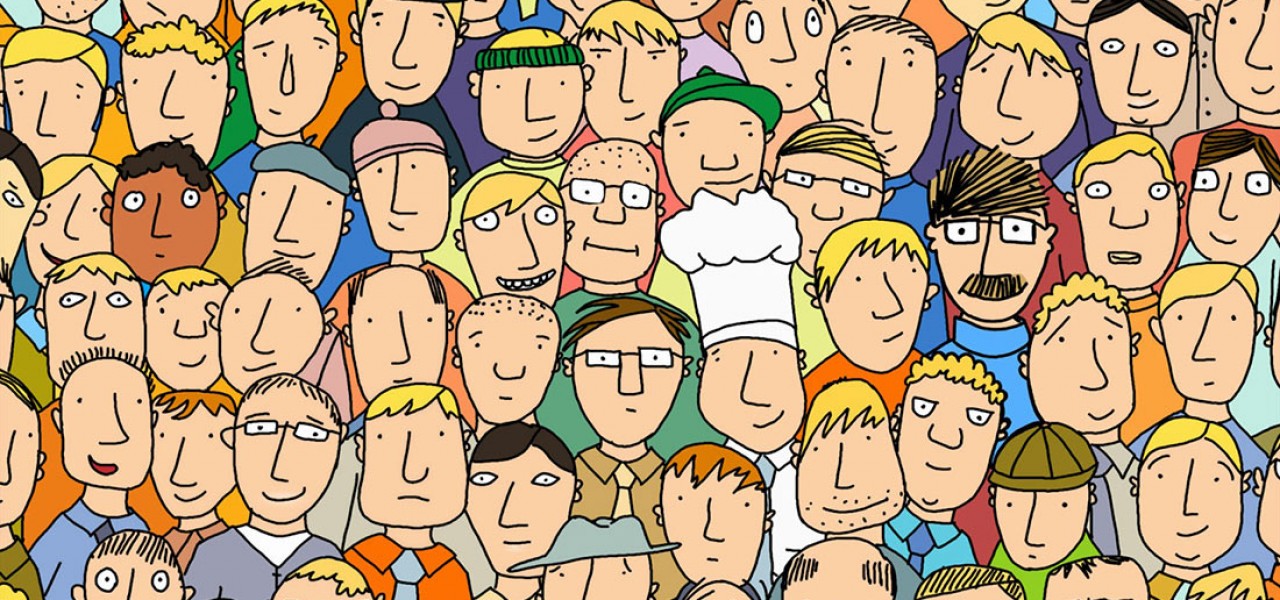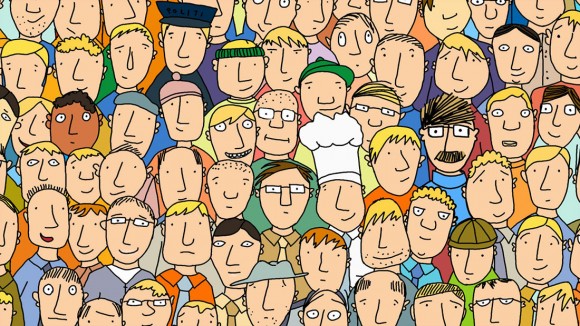

Torill Kove On Winning A Norwegian Honor, Her Next Film, and Personal Identity
Oscar-winner Torill Kove didn’t really consider animation as a career until her thirties. But that didn’t stop her from recently winning Norway’s top cultural prize for a growing body of impressive work. Nor did moving from Norway to Canada in 1982, where Kove has continued to create compelling, personal animated shorts for the National Film Board of Canada.
From award-winning short films Me and My Moulton, The Danish Poet, and My Grandmother Ironed the King’s Shirts, to her next film set in an “imaginary place that could be anywhere,” the Montreal-based animator is accruing recognition for poignant animated films that make audiences think and feel across geographical boundaries.

Cartoon Brew caught up with Kove via email after her award tour to Oslo.
Cartoon Brew: Congratulations on winning the Anders Jahre Culture Prize!
Torill Kove: I was, and still am, both touched and honored to receive such a prestigious and generous award. The awards ceremony was amazing. It was held in a hall at Oslo University that is adorned by very big Edvard Munch paintings, and they actually covered the biggest painting, “The Sun,” with a screen and showed The Danish Poet over it. That was pretty memorable. I gave a speech and got a couple of good laughs.
Cartoon Brew: Any thoughts on being lauded across geographical boundaries? I ask this from a country that considers global citizenship something of an anomaly.
Torill Kove: Almost all my work, including the work that I do in Canada with the National Film Board (NFB), is strongly linked with Norway: Norwegian producers, publishers, financing sources, collaborators, and so on. In spite of all my years in Montreal, I feel very strongly rooted in Norway, and it feels really great to know that the Norwegian cultural community is so inclusive towards me, even though I don’t usually live there. Having said that, it’s not so unusual anymore, both in Canada and in Norway, that people feel a sense of belonging with more than one country. And of course, cross-border collaborations in film production are very common all over the world.
Cartoon Brew: What more can you tell us about your next film, which we heard takes place in Montreal? What is it about, and when can we see it?
Torill Kove: The film actually doesn’t take place in Montreal. There will be such a film eventually, but not at this time. This one takes place in a kind of imaginary place that could be anywhere. It’s intended to be a little visual homage to the kind of alternate stay-close/let-go “dance” that a parent might experience with a child, as the bonds of attachment strengthen over time.
Cartoon Brew: Do you ever struggle with considerations of personal and national identity?
Torill Kove: I don’t think so much about personal and national identity when I work with the National Film Board of Canada, partly because my films have always been co-produced with Norway. The NFB has a long history of working with non-Canadian filmmakers, and because the stories in my films tend to transcend national boundaries, I have never struggled with identity.
Cartoon Brew: Do you think other nations should follow the NFB’s model of supporting and funding challenging animation?
Torill Kove: Maybe it’s not so much a question about the particular NFB model. Yes, it’s a great model, but it’s not the only one that creates wonderful animation. I think nations that invest in culture as a matter of national policy reap the benefits of a rich cultural stew that can include both box-office hits and quirky experimental films with smaller audiences. So, my answer is that I think nations should have culture policies that nurture diversity in all art, including different kinds of films.
Cartoon Brew: What does your success say about animation as an art form and a storytelling vehicle for those who may have little or no art background, but want to express themselves?
Torill Kove: I don’t think my success says anything about animation as an art form, but maybe it says something about the appeal that story holds for certain animation audiences. History is full of autodidact filmmakers, artists, writers, and musicians. Again, I think this says nothing about the art forms that these untrained people chose to pursue, but a lot about human nature and the desire to communicate something about our shared humanity.
Cartoon Brew: Since we’re heading into Oscar season here in the U.S., any thoughts on the international animation you’ve seen so far this year?
Torill Kove: It’s too soon for me to say for feature films. And I haven’t been to any animation festivals lately, so sadly I feel a little out of the loop, as far as this year’s animated shorts crop is concerned. The animation festival favorites are not necessarily the ones that go to the Oscars. But sometimes they are, so we’ll see.
